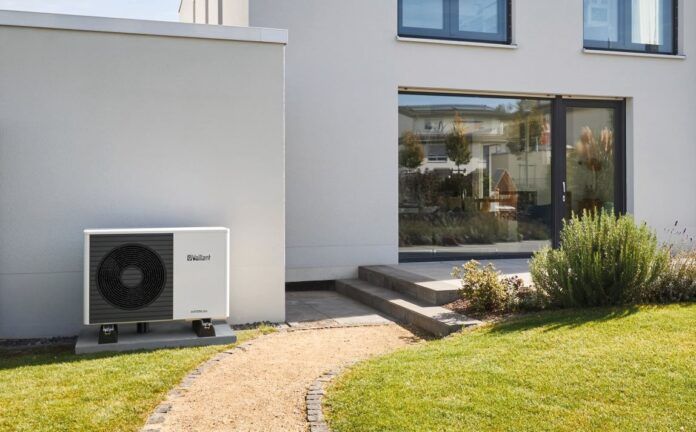
Cambridge-based smart energy specialist geo and heating manufacturer Vaillant have together warned a lack of a standard language that such devices can use to manage the demand they place on the Grid is putting cost and carbon savings at risk.
A common language, they said, for household electrical devices would allow the Grid to offer savings to the millions of households currently facing rising energy bills.
Electrifying both heat and transport for the home will lead to the Grid becoming overloaded if just 10- 20% of existing households install heat pumps, it was estimated.
Enabling heat pumps, EV chargers and household appliances to operate more flexibly would allow them to match their demand to the existing capacity available on the Grid, smoothing load throughout the day and avoiding peak overloads.
If this flexible energy system of the future was to become a reality, there needed to be an agreed set of standards to allow the effective operation of heat pumps, EV chargers (and vehicle to grid), solar PV, battery storage and white goods. A lack of common standards, it was argued, would create complexity, increase costs and ultimately cost consumers billions of pounds in lost savings.
A new white paper also concluded heat pumps should be an integral part of this. Coupling heat pumps with additional storage can offset increased electricity demand they create and either allow the heat pump to need less power during peak times, via thermal storage.
Mark Wilkins, director of technologies and training at Vaillant, said: “Heat pumps are key to achieving the government’s 2050 net zero targets as they are a low carbon, low-regret solution to heat UK homes. However, with the growing consumer demand for heat pumps, a plan is essential to ensure the energy system can support heat pumps in their widespread adoption and it is crucial for heat pumps to provide a degree of Demand Side Response. Our joint paper with geo sets out some recommendations for both Government and the industry to explore in more detail.”
